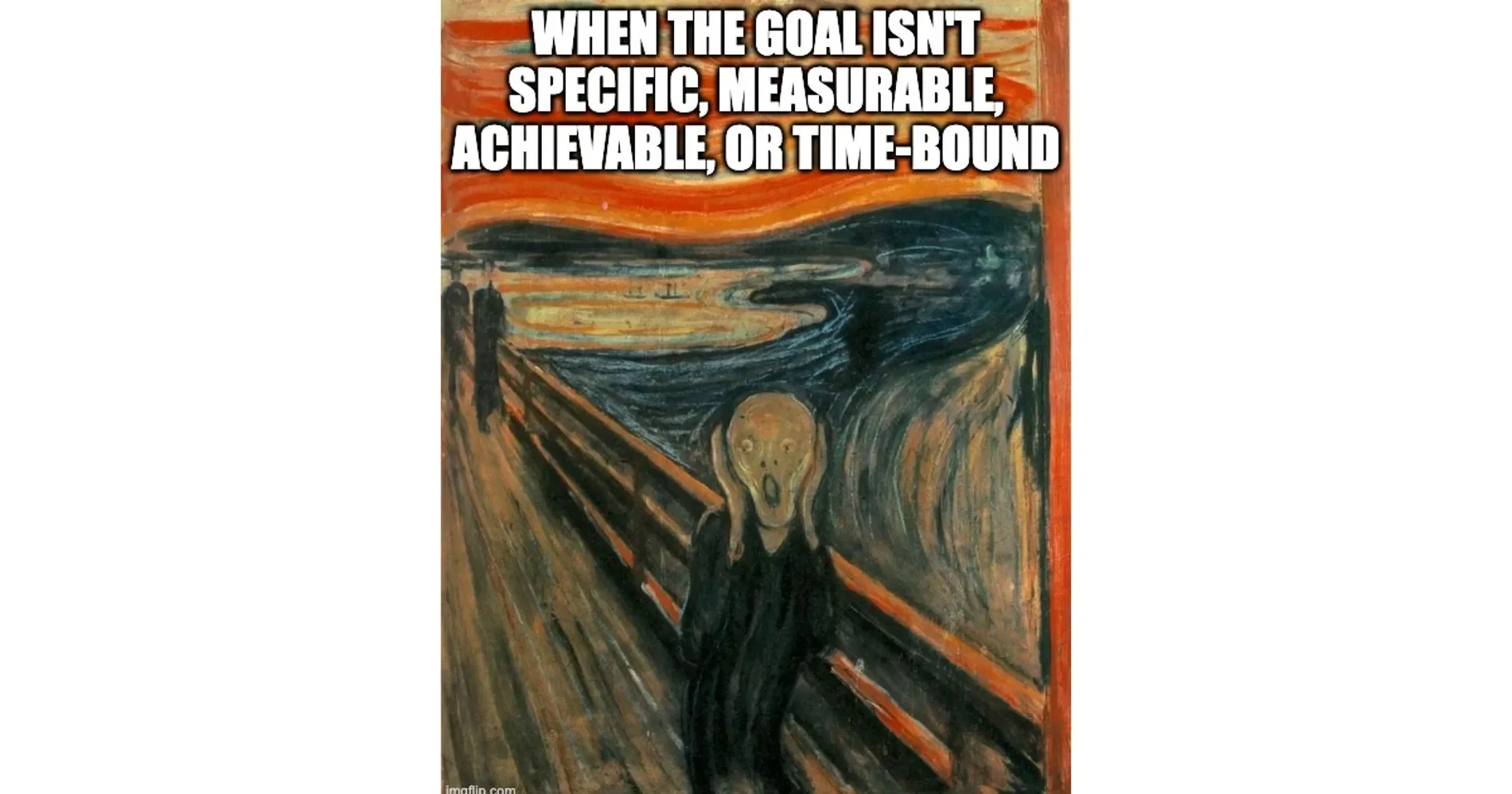Setting Goals in Therapy: Why It Matters and How to Get Started.
This month’s blog is about goal setting - something that can often be overlooked in therapy, but is crucial to helping you and your therapist ensure that you’re getting what you need.
Starting therapy is a brave and empowering step. Whether you're dealing with anxiety, depression, relationship issues, or just feeling stuck, talking to a therapist can help you gain clarity and move forward. One of the most important parts of the therapeutic process is goal setting—but what does that actually mean, and why is it so important?
In this post, we’ll break down how setting goals in therapy can make your sessions more focused, effective, and personally meaningful. You'll also learn how to create goals that reflect what you want and how to work toward them with your therapist's support.
Why Are Goals Important in Therapy?
Think of therapy like a journey. Without a clear destination, it’s easy to feel like you’re wandering without direction. Setting goals gives your therapy a purpose and helps both you and your therapist track progress.
Generally speaking, if you work with me, we’ll be looking at behavioural rather than general goals. In other words, things you can start or stop doing that will make life feel better. Sometimes people will say “I just want to feel better” or “I just want …[the thing]…. to stop!” but these are general, vague goals that can’t be put into action. We have to find ways of translating general goals into specific, behavioural ones, which then gives us a focus on what to work on and how to initiate change.
Here are some reasons goals are important in therapy:
Clarity: Goals help you and your therapist understand what you're working toward.
Motivation: Having something to aim for can keep you engaged, especially when progress feels slow.
Structure: Goals help shape your sessions, guiding what you talk about and what strategies you try.
Measurable progress: You’ll be able to see how far you’ve come—and where you still want to go.
What Do Therapy Goals Look Like?
Therapy goals are personal, and they can look very different from one person to the next. Some are emotional or mental health–focused, like:
“I want to reduce my anxiety during social situations.”
“I want to learn to manage my anger better.”
“I want to stop being so self-critical.”
Others might relate more to relationships, work, or habits:
“I want to improve communication with my partner.”
“I want to feel more confident speaking up at work.”
“I want to stop procrastinating on important tasks.”
Your goals don’t have to be perfect or final—many people revise their goals over time as they grow and change.
How to Set Therapy Goals That Work
Here are a few tips to help you create therapy goals that are meaningful and realistic:
Start with what’s bothering you.
Ask yourself: What do I hope will be different in my life as a result of therapy?Be specific.
Instead of “I want to feel better,” try “I want to feel less overwhelmed by stress at work.”Make them measurable.
You might not be able to measure happiness, but you can measure progress: “I want to go out with friends once a week without backing out.”Break big goals into smaller steps.
If your goal is “build self-esteem,” smaller steps might include identifying negative self-talk or practicing self-compassion.Be flexible.
Therapy is a process. As you learn more about yourself, your goals may shift—and that’s okay.
Talking to Your Therapist About Your Goals
Your therapist is there to help guide and support you. In your sessions, it’s a good idea to:
Share what you’d like to work on, even if you’re unsure how to say it.
Ask for help refining your goals if they feel too broad or vague.
Check in on your goals regularly—what’s working, what’s not, and what might need adjusting.
Remember, therapy is a collaborative space. The best goals are ones that you care about—not just what you think your therapist wants to hear.
Setting goals in therapy can help you feel more empowered and give your sessions direction and focus. They don’t have to be big, perfect, or set in stone—what matters is that they reflect what’s important to you.
If you're unsure where to start, just bring your curiosity and honesty into the room. Your therapist will meet you there.

